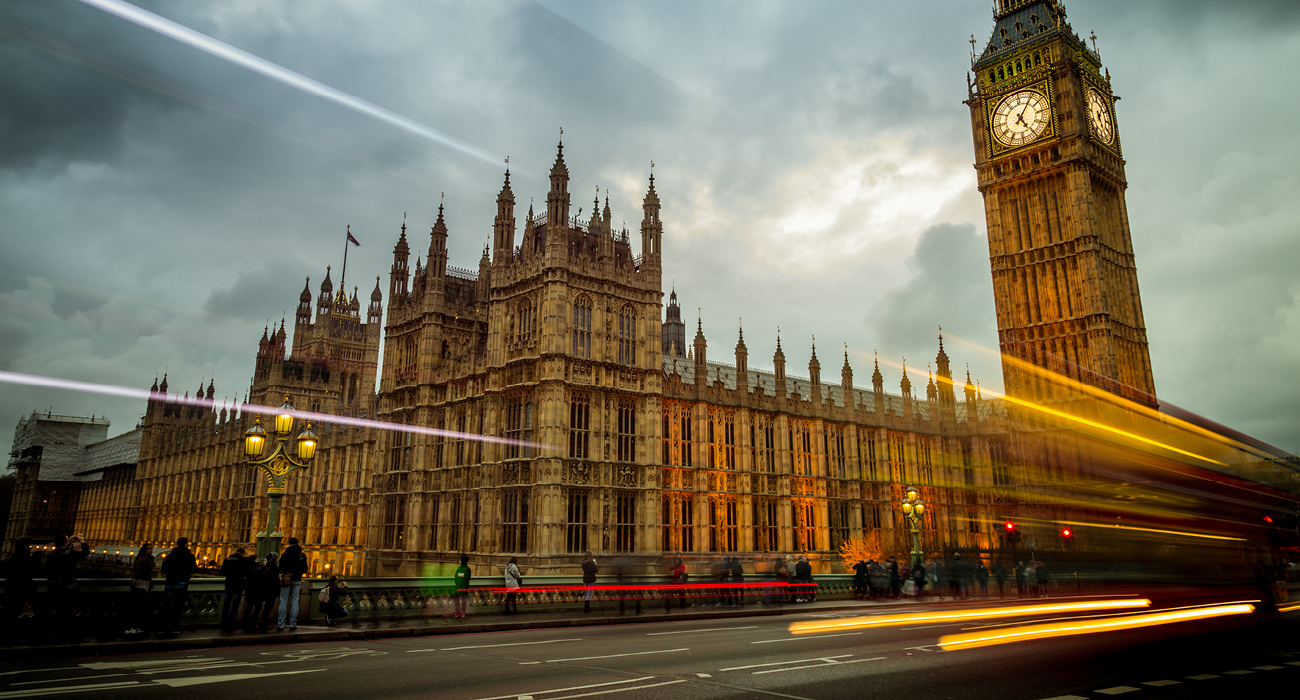I don’t need to tell you that energy is a complex sector to navigate. So perhaps it’s not surprising that our latest Energy Insight webinar on Thursday 14 March was well attended by UK businesses and energy consultants.
Featuring a range of industry expert input, both from within nBS and our guest speaker Ben Reade from Cornwall Insight, we aimed to bring some clarity to the key topics concerning energy consumers right now.
If you missed the webinar and want to see the detail in full, you can watch a recording here. But for starters, here is my two-minute summary of the five key topics we covered:
A mixed report for the government
While the Spring Budget failed to deliver the level of certainty and support many businesses were hoping for, there have been some positive announcements this month.
These include a commitment to investing in future nuclear capacity to support much-needed synchronous generation, including small modular reactors.
We also saw £1 billion committed to the next Contracts for Difference (CfD) auction later in March. This is £800 million more than the last auction, so the government is clearly hoping to re-incentivise commitment to build carbon-free (especially offshore wind) generation.
However, our poll of webinar participants suggests that what businesses really want from the government is better incentives to help them become more energy efficient, with 40% backing this ask.
Policy and Network charges on energy invoices to rise
The non-commodity charges share of business electricity invoices is increasing, from 21% in Q1 2023 to 46% in Q1 2024. By Q4 2025, our Industry Charging team forecasts it will reach 60%.
This is partly due to a decrease in the share of wholesale costs (good news for energy users). But also because many non-commodity charges are becoming more expensive.
We are also looking at six new costs due to hit invoices in the next few years – the nuclear ‘Regulated Asset Base’ (RAB) subsidy, the Green Hydrogen levy, the Energy Intensive Industry (EII) subsidy, carbon capture subsidy, Data Integration Platform (DIP) charges and the Virtual Lead Party supplier (VLP) reconciliation.
You can find out more by watching our webinar recording on demand.
A downward trend for wholesale energy costs
Prices for gas and electricity are thankfully coming down – and this trend looks to continue over the longer term.
But experts are not forecasting a return to pre-2020 levels of £50/MWh for some time, if ever. This can partly be attributed to lower than hoped for renewable capacity – especially offshore wind – replacing gas-fired generation. And while prices are reducing, volatility is very much expected to remain in the market.
When it comes to reaching net zero by 2050, the Committee on Climate Change (CCC) recently reported that the government has failed to make progress on any of the seven key areas the CCC identified were as necessary to achieve this. And with a general election looming, it’s unlikely we’ll see any new policies emerging this year to reverse this situation.
New trends in securing renewable supply
The UK may be generating more renewable energy – forecast to hit 47% of our power mix by 2025. But demand still exceeds supply, especially among businesses looking to meet sustainability objectives.
This is driving growth in two kinds of Power Purchase Agreements (PPAs). Firstly, those where businesses invest in on-site renewable generation if they have a suitable environment to locate solar panels, biomass generators etc. And secondly, the expanding area of third-party Corporate PPAs, where businesses negotiate directly with a third-party generator to buy carbon-free power.
Major new initiative to impact all electricity consumers
Market-wide Half-Hourly Settlement (MHHS) is a huge Ofgem led initiative to significantly reform how electricity is generated, used and stored in the UK. For energy consumers, this will bring changes to the way consumption data is calculated and managed.
The MHHS delivery deadline is December 2026 – and all industry parties are currently working on a plan of action, which will be communicated to consumers in the coming months. If you have any questions about MHHS, you can ask our experts here.
Remember, you can view the full recording of all these topics in our Energy Insight webinar on demand - and sign up to our webinar mailing list.

/npm214%20Digital_H_UB108.jpg)
/npm214%20Digital_H_UB17.jpg)

/npm214%20Digital_H_UB100.jpg)
/npm214%20Digital_H_UB127.jpg)




/Author%20Profile%20Whitelam_Ben_G.png)
